On September 21, Mr. Nguyen Trong Nghia - Secretary of the Party Central Committee, Head of the Central Propaganda Department - had a working session with the University of Social Sciences and Humanities - VNU-HCM City on training journalism and publishing resources.
Training more than 3,000 journalism bachelors
Associate Professor, Dr. Ngo Thi Phuong Lan, Principal of the University of Social Sciences and Humanities, said that since 2018, the school has enrolled students in majors and specialties related to the fields of propaganda, journalism, publishing, and communications. The university's enrollment results from 2018 to 2022 reached 4,482 students; the enrollment level has increased steadily over the years.
Journalism, multimedia communications and international relations are currently the potential and attractive recruitment groups of the University of Social Sciences and Humanities, along with languages. The graduation rate of these majors in the past 5 years has also been high with 1,614 students, reaching 73%.
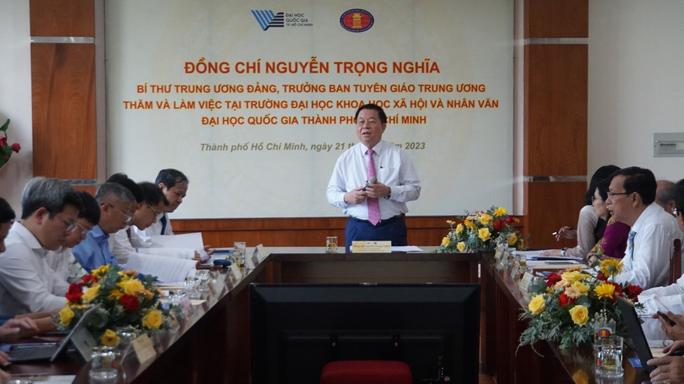
Mr. Nguyen Trong Nghia works with the University of Social Sciences and Humanities, Ho Chi Minh City, on training human resources for journalism and publishing.
Ms. Ngo Thi Phuong Lan believes that the training program is one of the factors that create the school's brand. To access research results and development trends of the world, the Faculty of Journalism and Communication of the school regularly invites lecturers from international cooperation programs to give talks and teach students... Up to now, 5 majors that carry out training, fostering, and developing human resources for journalism, publishing, and communication have all been accredited according to the standards of the Southeast Asian University Network (AUN) and the standards of the Ministry of Education and Training (MOET).
Regarding the quality of human resources after graduation, according to Ms. Ngo Thi Phuong Lan, the Faculty of Journalism and Communication has trained more than 3,000 bachelors in journalism. Graduates work in press agencies and agencies with jobs related to their major.
Associate Professor Dr. Ngo Thi Phuong Lan said that although the University of Social Sciences and Humanities is a training institution for journalism personnel, when she took over the position of principal, the school did not have a practice room for students, and the school has only recently received investment. In addition, although studying journalism, many graduates do not work in journalism.
Innovation but must ensure standard program
At the working session, officers and lecturers of the University of Social Sciences and Humanities, Ho Chi Minh City, raised many opinions and proposals to the leaders of the Central Propaganda Department.
Representatives of the Faculty of Journalism and Communication said that Vietnamese journalism in general is facing challenges in the process of digital transformation. The trend of developing multi-platform journalism raises many issues regarding human resource training.
Regarding the fact that the press has to compete with social networks, the representative of the Faculty of Journalism and Communication said that reporters are under pressure to report news quickly, but this also comes with the risk of unverified sources. Besides, many people now tend to access information from social networks rather than newspapers. This reduces the power of the press.
Dr. Huynh Van Thong, lecturer of the Faculty of Journalism and Communication, University of Social Sciences and Humanities, believes that the mission of journalism is very important, so there is a need for professional journalism. Building a professional journalism is the responsibility of training institutions, professionals, and policy makers...
Dr. Huynh Van Thong stated that if professional journalism is not considered important, training will decline. The shrinking journalism job market and low income from journalism also make it difficult for those who want to enter the journalism profession.
"We are very worried about the value and position of the press when there is a serious decline" - Dr. Huynh Van Thong wondered. He commented that the emergence of social networks and the digital transformation race are important issues for the press. Social networks are too comfortable while the press is too constrained.
Mr. Le Quang Tu Do, Director of the Department of Radio, Television and Electronic Information - Ministry of Information and Communications , agreed with the opinions of officials and lecturers when he said that the press economy has seriously declined. "According to the plan, the whole country currently has 800 newspapers. The press is not just numbers but also has tens of thousands of people working in the profession. The Central Government has calculated to find appropriate measures" - he said.
Regarding the competition between press and social networks, Mr. Le Quang Tu Do said that it is not only in Vietnam but also abroad. The Ministry of Information and Communications has a program to convert press digitally, and in the coming time will continue to support press agencies to convert digitally.
Concluding the meeting, Mr. Nguyen Trong Nghia agreed with the opinions of the University of Social Sciences and Humanities, Ho Chi Minh City, teachers and authorities. He said that in recent years, the press has grown but needs more effort and hard work. The expertise and acumen of journalists need to be taken into account.
Head of the Central Propaganda Department Nguyen Trong Nghia suggested that schools innovate their training programs but must ensure that the programs are standardized. According to him, journalists must be more proactive and positive in the face of the proliferation of information on social networks...
Creating breakthroughs in training and research
On the same day, attending and speaking at the opening ceremony at the University of Social Sciences and Humanities, Ho Chi Minh City, Mr. Nguyen Trong Nghia suggested that the school should deeply understand and well organize the implementation of tasks and solutions for developing education and training, science and technology in the Resolution of the 13th National Party Congress; Resolution 29-NQ/TW on fundamental and comprehensive innovation of education and training. The school needs to create a breakthrough in the quality of training and scientific research to continue to lead in training and developing human resources, especially high-quality human resources in the field of Social Sciences and Humanities, with comprehensive knowledge, social responsibility, leadership capacity, entrepreneurial thinking, meeting the requirements of national development and international integration.
In addition, schools need to promote autonomy, considering university autonomy as a breakthrough solution for development; have strong enough policies to attract and utilize domestic and foreign talents to participate in training activities, scientific research and international cooperation; innovate school governance towards modernity and international integration.
Source



![[Photo] Special class in Tra Linh](https://vphoto.vietnam.vn/thumb/1200x675/vietnam/resource/IMAGE/2025/11/14/1763078485441_ndo_br_lop-hoc-7-jpg.webp)

![[Photo] Deep sea sand deposits, ancient wooden ship An Bang faces the risk of being buried again](https://vphoto.vietnam.vn/thumb/1200x675/vietnam/resource/IMAGE/2025/11/13/1763033175715_ndo_br_thuyen-1-jpg.webp)


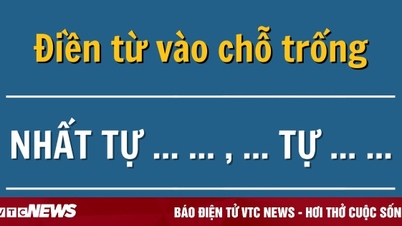

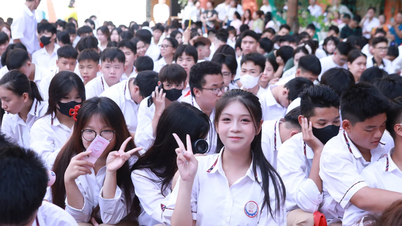

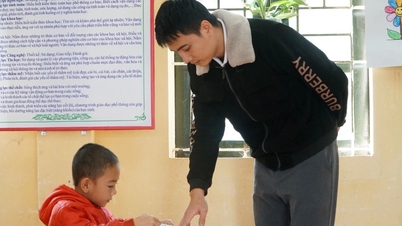


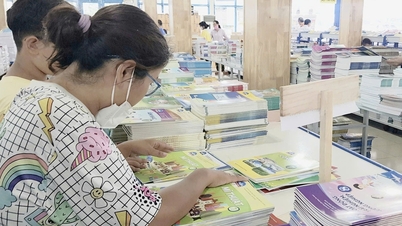

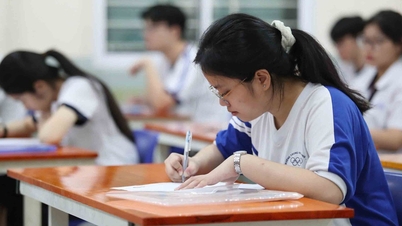




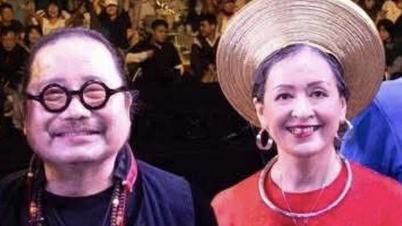
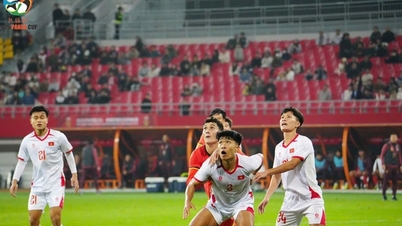
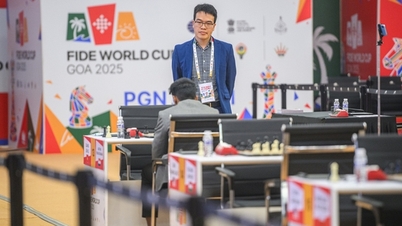

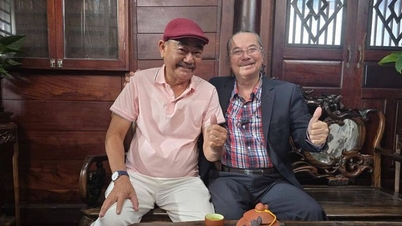
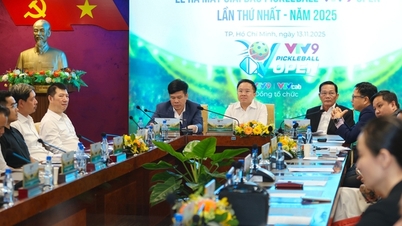





































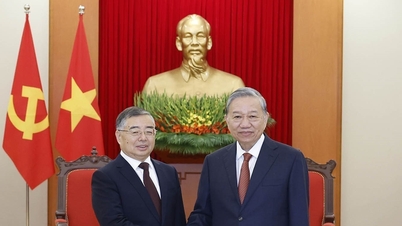
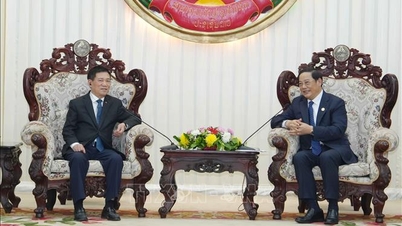




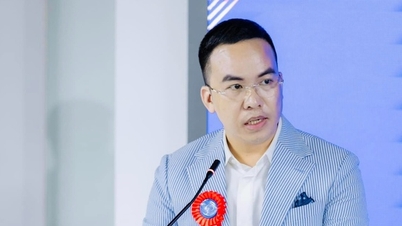
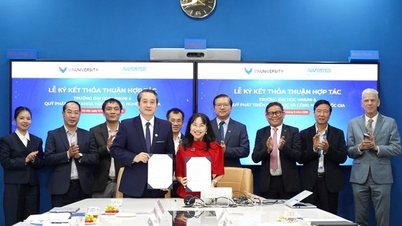

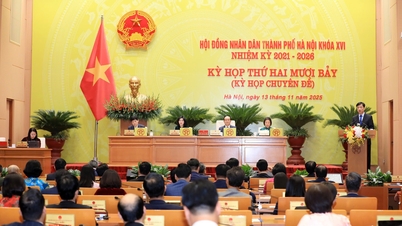

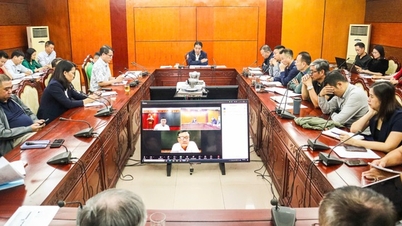

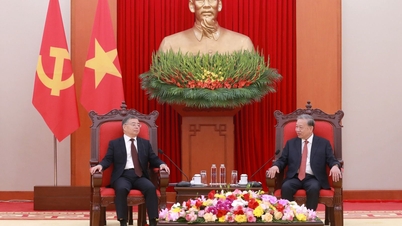




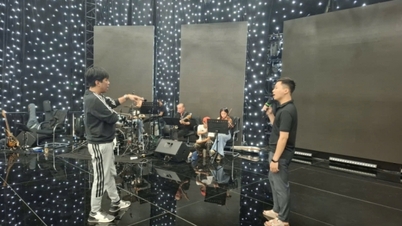

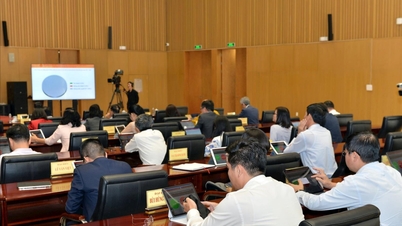

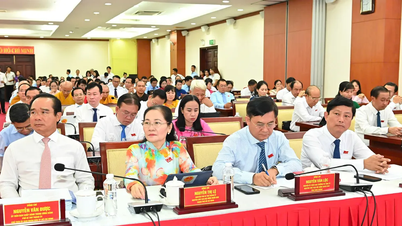








![Dong Nai OCOP transition: [Article 3] Linking tourism with OCOP product consumption](https://vphoto.vietnam.vn/thumb/402x226/vietnam/resource/IMAGE/2025/11/10/1762739199309_1324-2740-7_n-162543_981.jpeg)




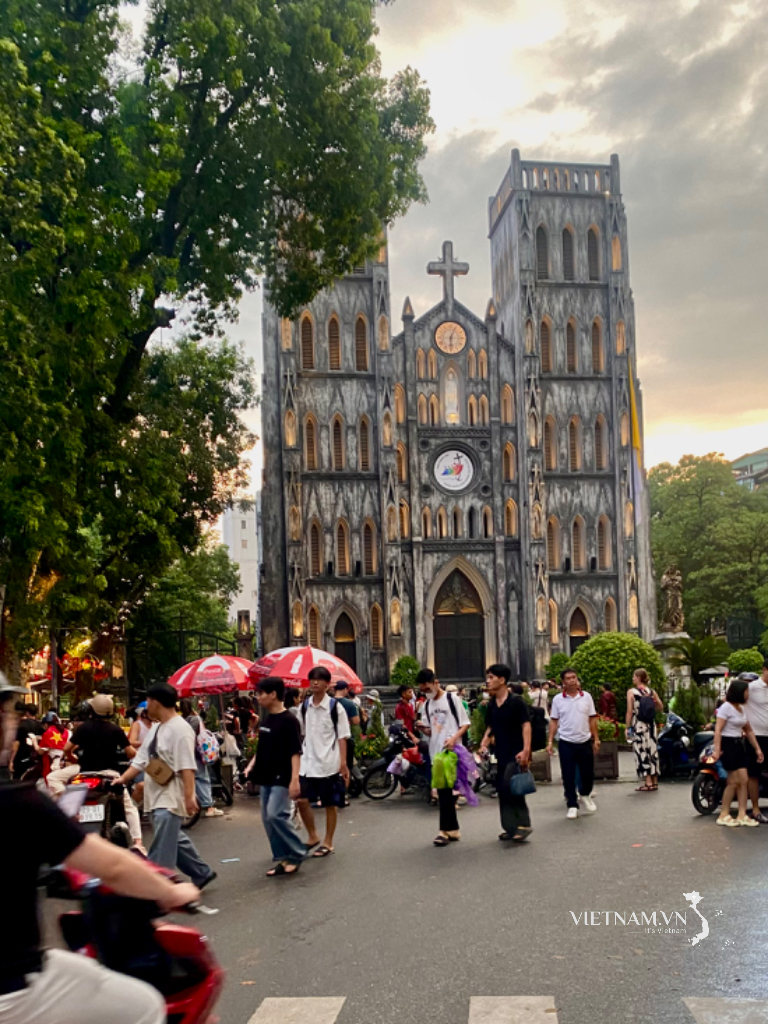


Comment (0)